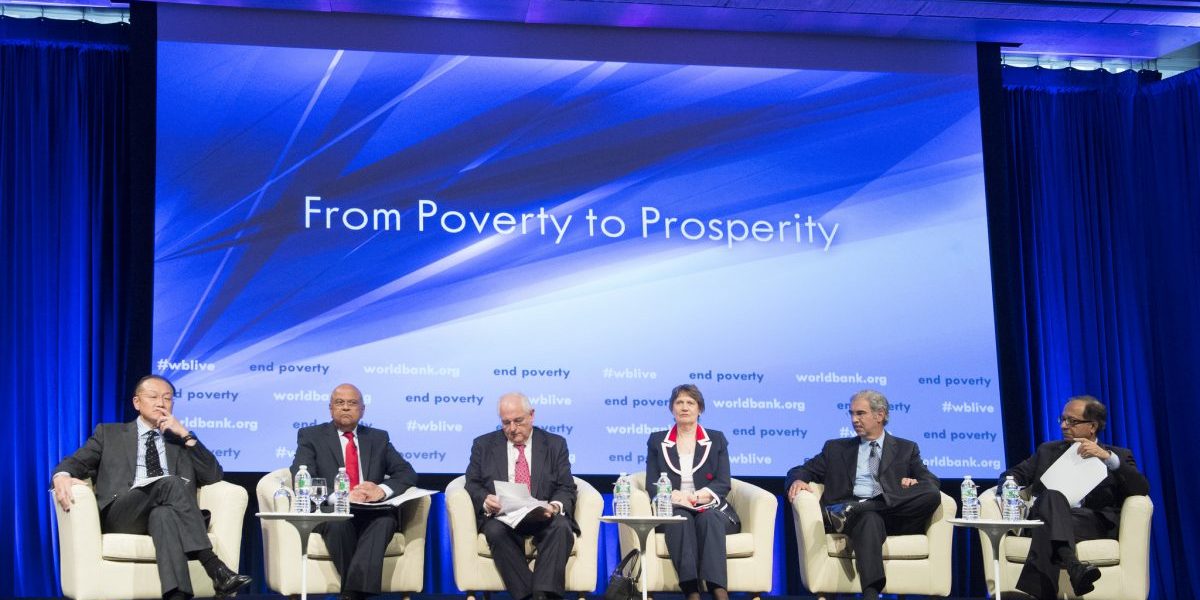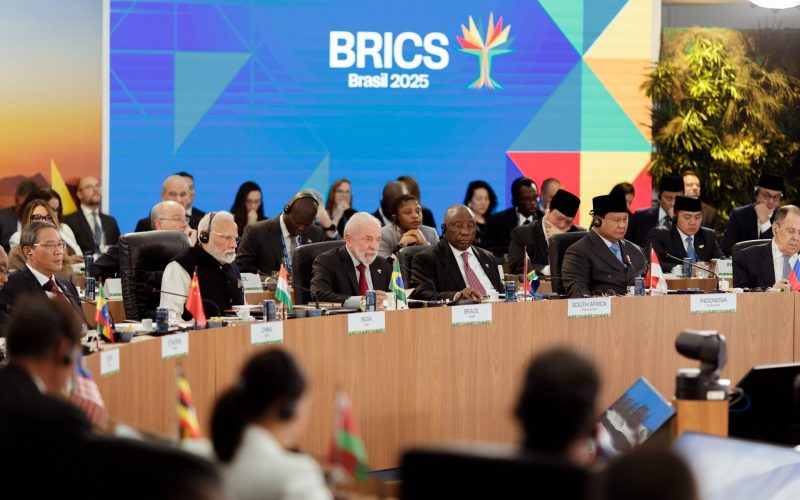Consequently, the first priority was to ensure that the short-term agenda outlined during the Washington Summit was adequately addressed, with appropriate measures taken in the major developed countries to underpin growth. Whilst no new fiscal measures were announced in London, and the US and continental Europeans were unwilling to coordinate their fiscal stimulus packages, enough was done prior to the crisis to ensure this was not a major issue for South Africa.
Similarly, the South African financial sector has emerged from the crisis relatively unscathed. Hence the G20’s regulatory agenda, whilst regarded as important in order to promote global financial stability, was not of first-order importance to South African policy makers. However, recognizing the importance of the financial sector to South Africa, there is substantial interest in having more say in how regulations evolve at the multilateral level. Therefore, the decisions to create the Financial Stability Board and to buttress it with a greater role for the IMF in global surveillance, were both important outcomes for South Africa.
Ensuring continued access to finance, both for South Africa and other African economies, was also important. South Africa faces continued pressure on its current account, which has been in escalating deficit for some years now. That deficit has been financed by short-term portfolio inflows. In the context of the global credit crunch there remain concerns that financing for the deficit would dry up, precipitating a currency crisis. Whilst the London Summit outcomes did not address this issue directly – since South Africa is unlikely to resort to IMF or World Bank financing on a substantial scale – the positive mood embracing financial markets after the summit has allayed fears to some extent.
Many other African countries also face current account deficits in a context of donor-funded fiscal revenues; consequently, their concerns have been two-fold: development assistance drying up as developed countries engage in fiscal expansion, and private flows (the primary source of growth in recent years) sharply declining. South Africa has a strong interest in maintaining economic and political stability on the continent since a growing proportion of our value-added exports and outward foreign direct investment (FDI) are destined for African markets. Hence the London Summit outcomes were very positive, particularly the announcements concerning IMF capital injections, overseas development assistance (ODA) flows for poor countries and increased trade finance funding. South Africa is very conscious of its position as the only African country represented in the G20, and therefore actively advocates on behalf of other African states on the basis of consultations in various forums prior to the Washington and London summits. An outstanding question though concerns the conditionalities likely to be applied to such financing especially from the IMF, and the extent to which governance reform of those institutions can be speeded up and made relevant to African interests. In this respect, the decision on executive appointments to the IMF and World Bank was positive, as was the decision to accelerate quota reform. However, regarding the latter point, it remains to be seen whether this can be expedited.
Political Interests
Strangely, this has not featured in the public debate in South Africa. Media coverage focused on the various schisms amongst developed countries and China’s growing global role. The most likely reason for this lack of attention is the fact that South Africa has a “caretaker” president who is essentially keeping the seat warm for his likely successor, Mr. Zuma, who should take office in the next three weeks. Consequently, what coverage and debate there has been focused on the performance of the finance minister, Mr Manuel. The business media continue their love affair with him; as a result, coverage has been positive, with very few dissenting opinions aired.
International Interests
Good question! Most likely it will enhance South Africa’s standing to the extent that the leadership is able to forge pragmatic alliances in pursuit of common interests. Whilst the Treasury remains in the overall lead, that will not always be the case. After the April 22 elections, the situation will become much more fluid. There is a strong lobby within the African National Congress-led government that wishes to “clip Treasury’s wings.” This could result in the presidency taking the overall coordinating role at a time when the discussions are moving into substantive, technical detail. Depending on the balance of power amongst competing factions within the ANC and its alliance partners, the overall foreign policy thrust could become more anti-liberal and possibly anti-West. This would result in a more ideological foreign economic policy, which could lead to substantial curtailment of alliance possibilities within the G20 forum, and therefore relatively diminished standing in the geopolitical order.
Global Leadership
As already discussed, the G20 Summit has received some attention, but is regarded as peripheral to solving the difficulties associated with the economic crisis. The primary forums for the latter are recognized as being domestic, principally the Central Bank through easing monetary policy and government broadly defined through a multi-stakeholder process intended to lead to rescue packages for various “distressed sectors.” The London Summit outcomes generally received favourable reportage, and the G20’s efforts are consequently seen as making a positive contribution. I suspect that if the summit had failed then domestic constituencies would have been far more concerned about the role the G20 is or should be playing.








